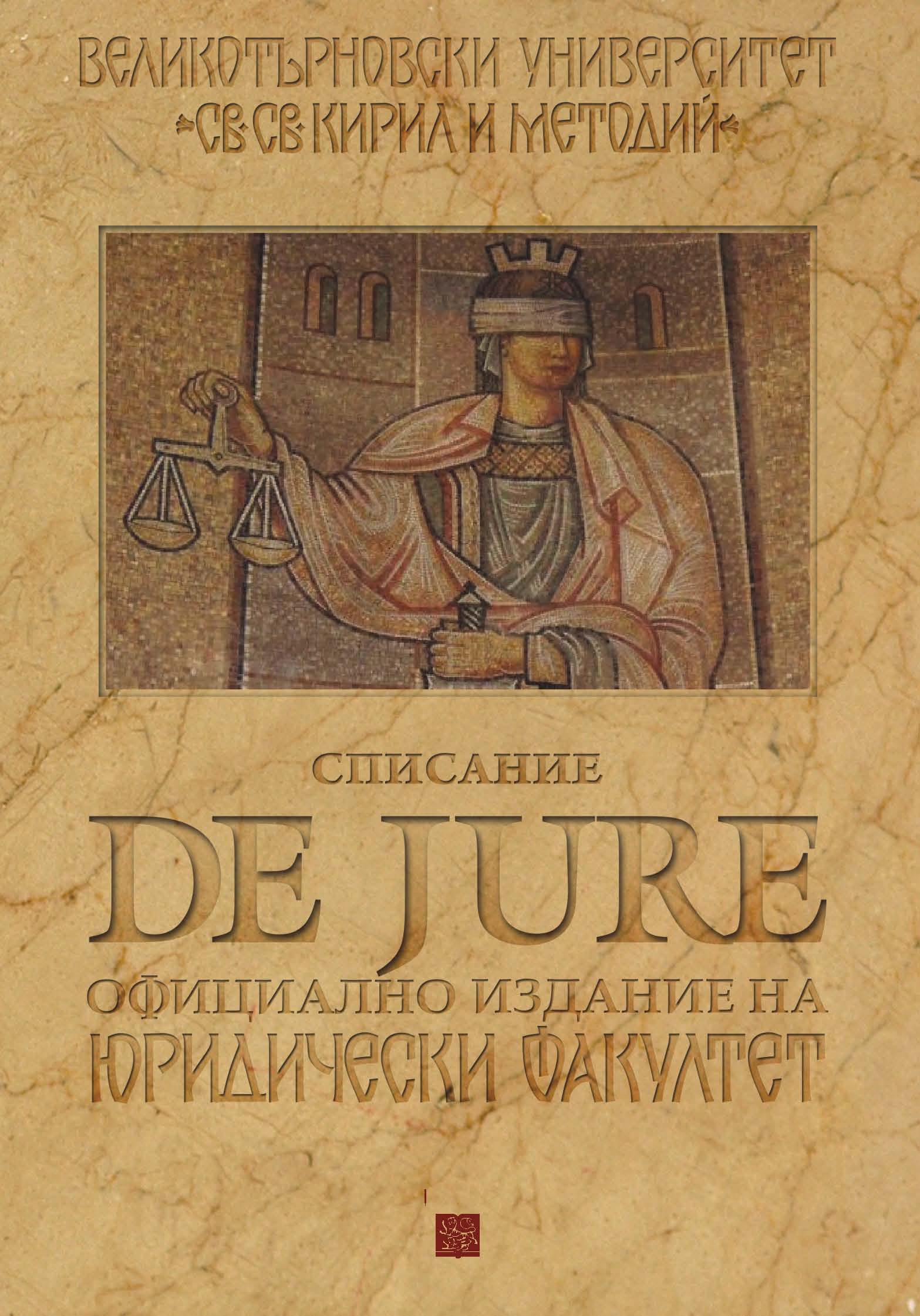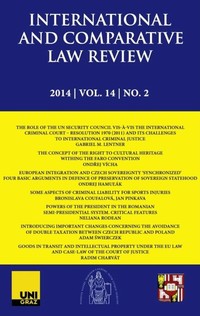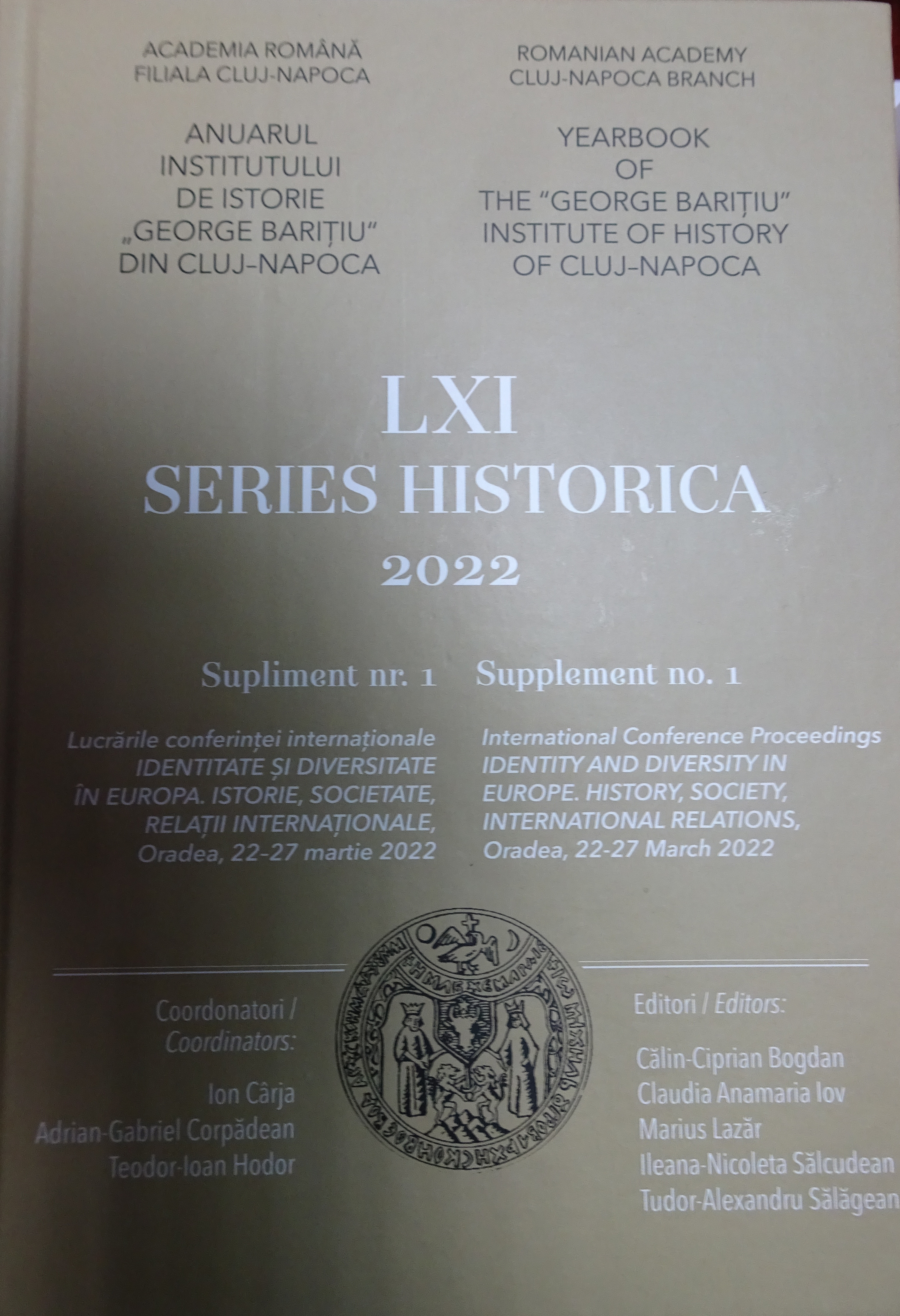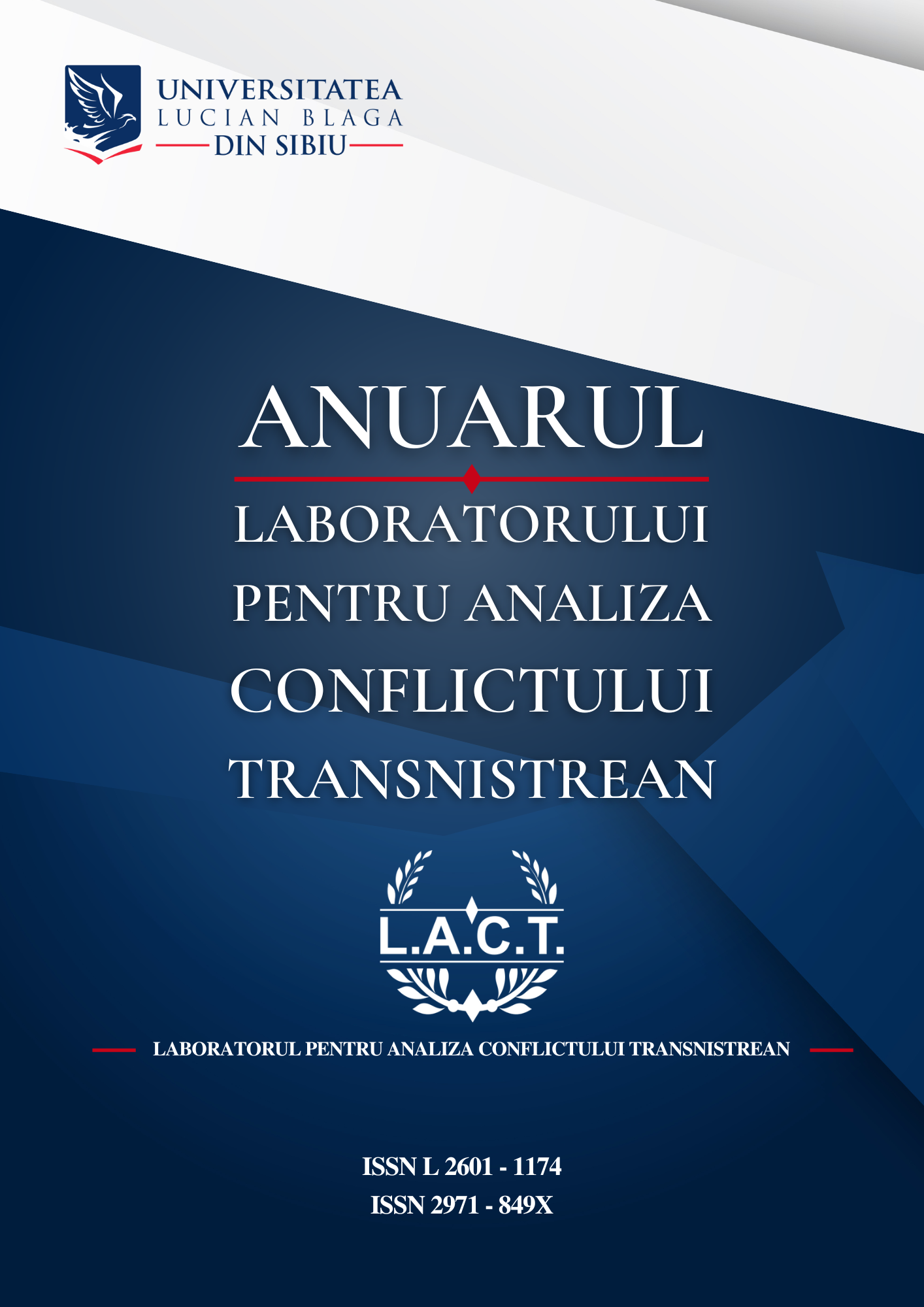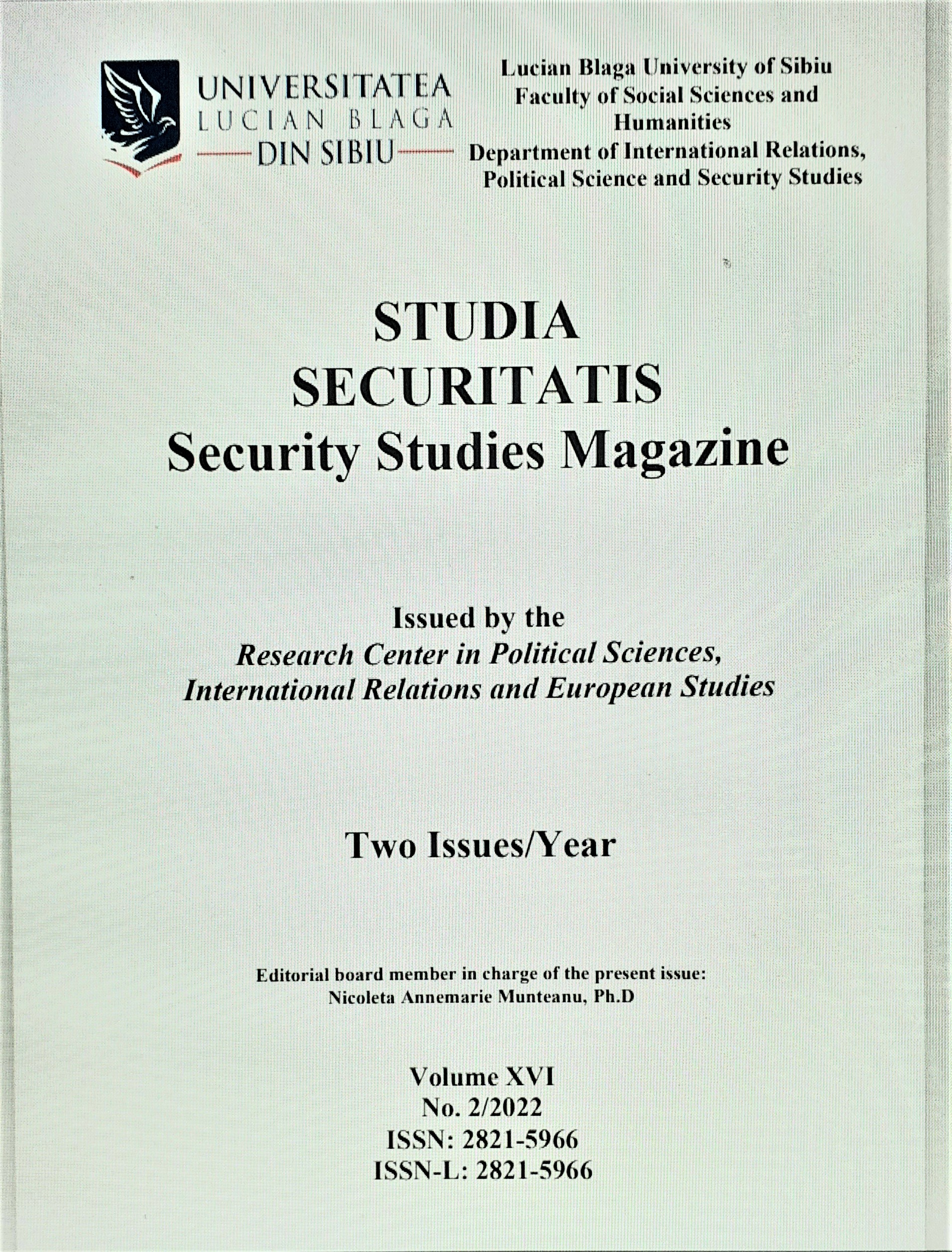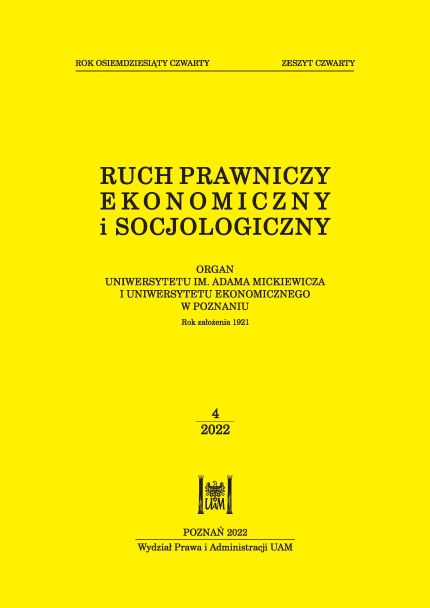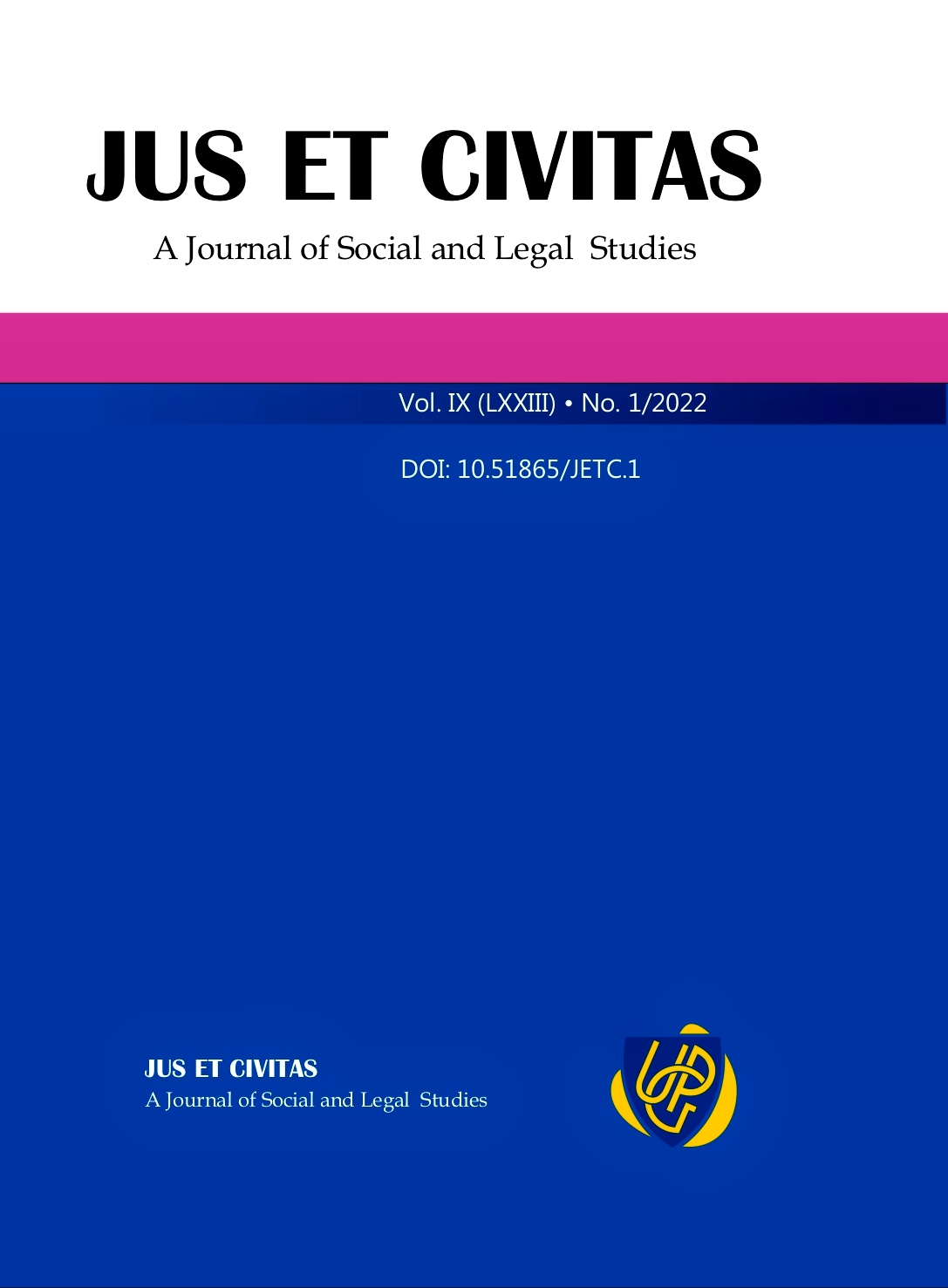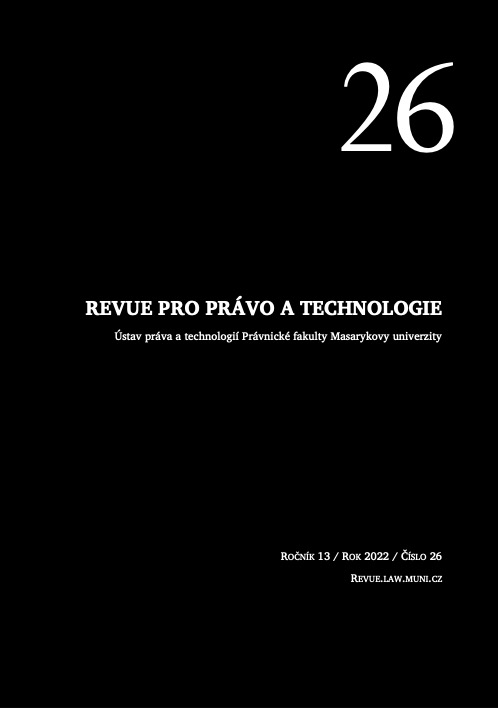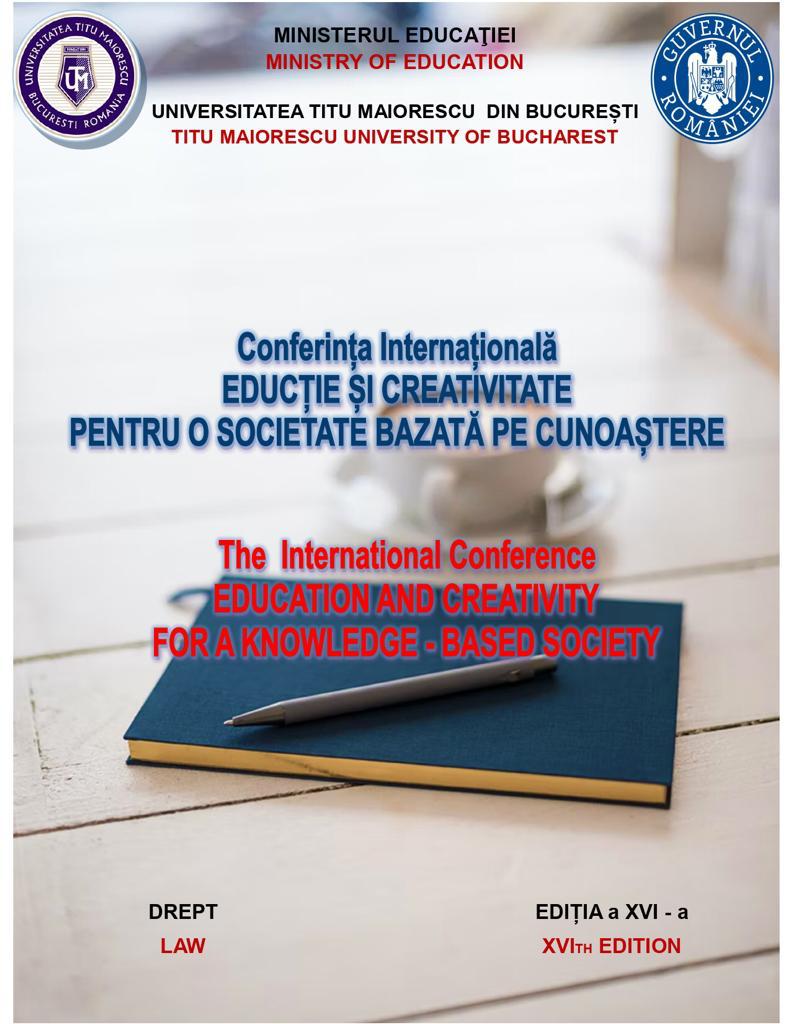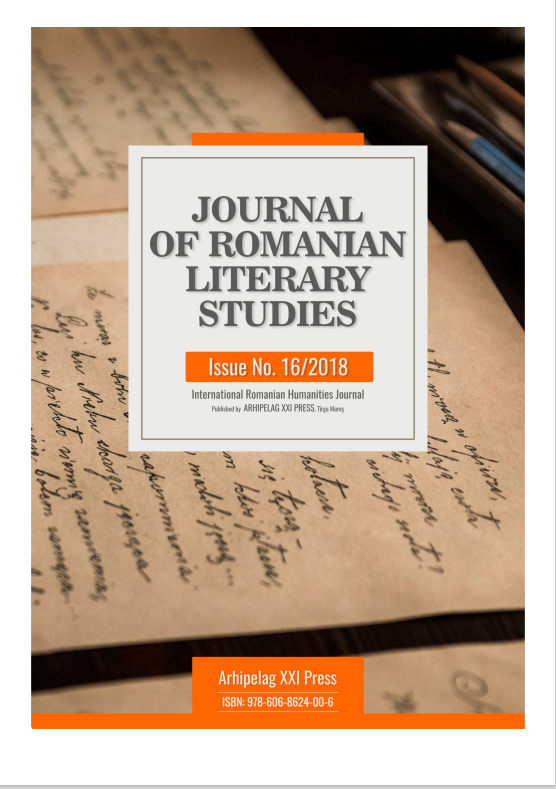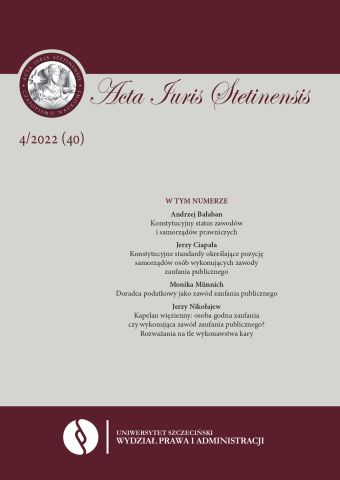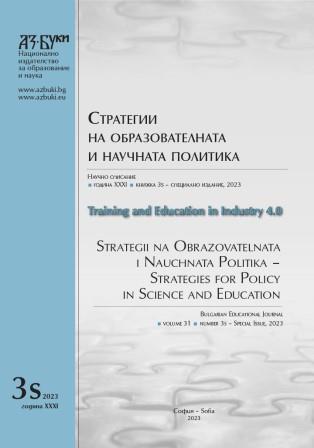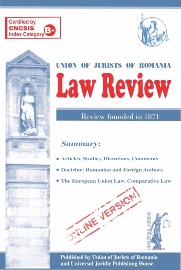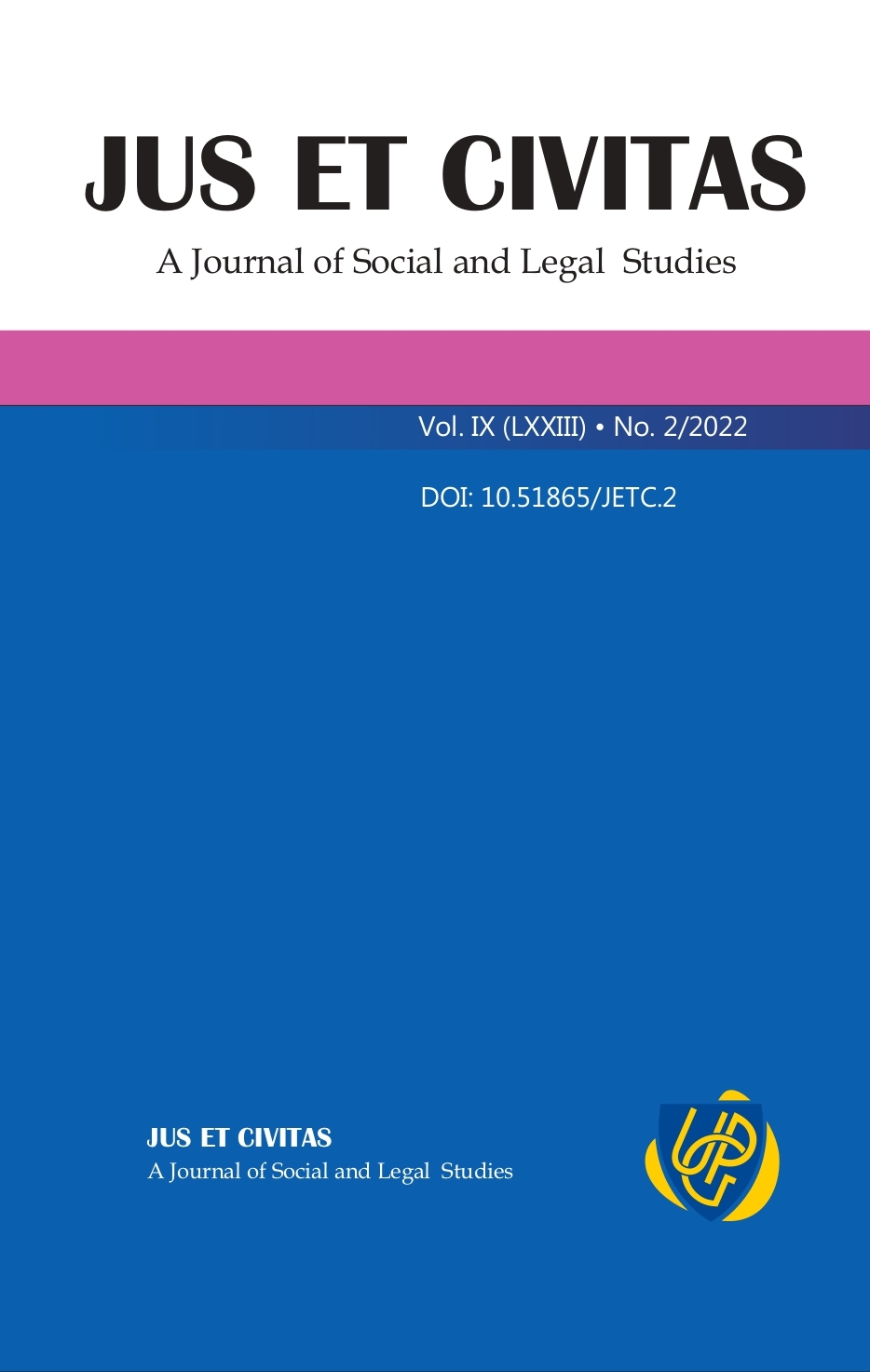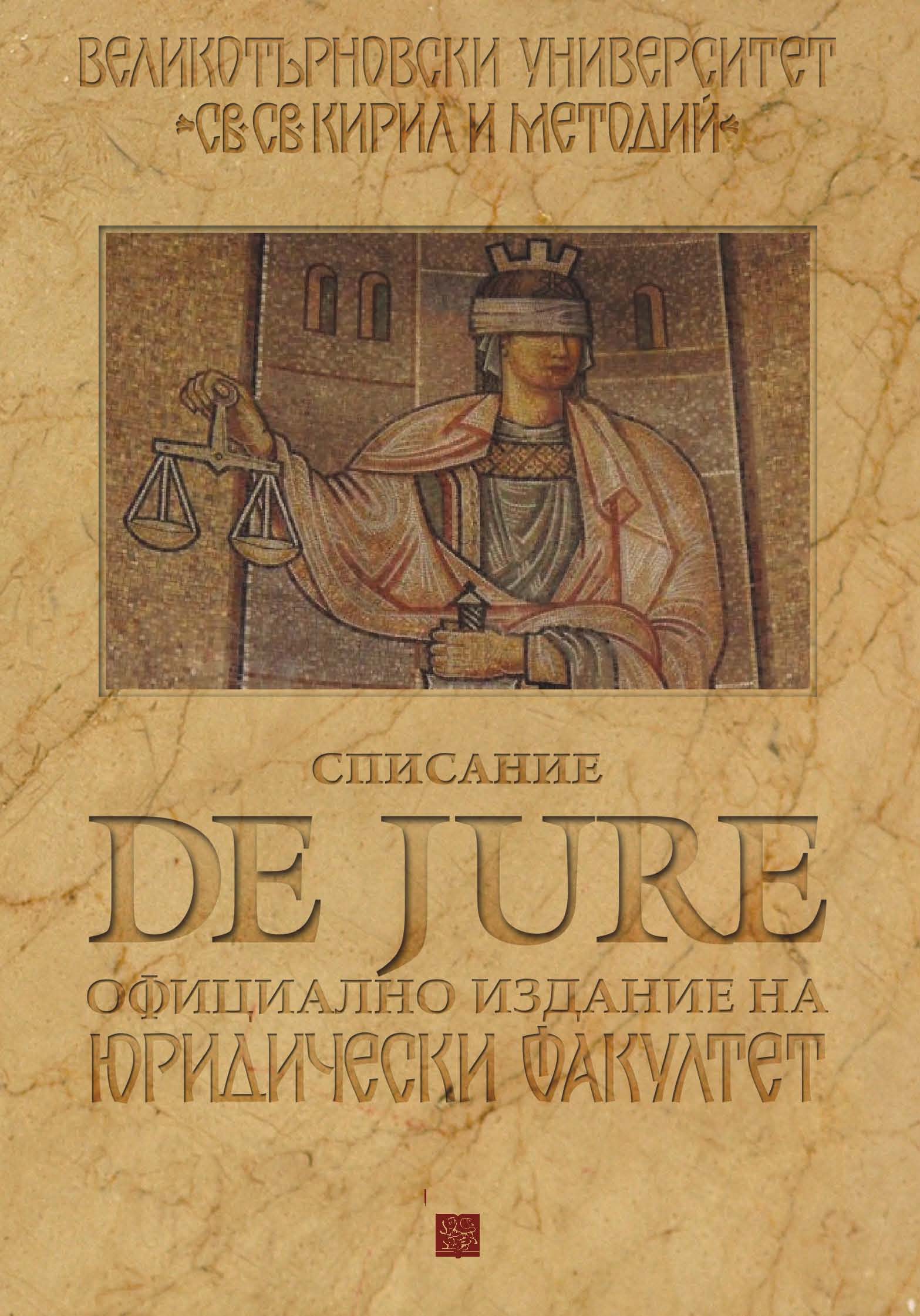
Европейските стандарти за правото на обжалване и решенията на Върховния касационен съд по чл. 354, ал. 5, изр. 2 НПК
After the amendment of Criminal Procedure Code, made in 2011, the Supreme Court of Cassation in a cassation review, after double remittal of the case to the lower court, in further (third) hearings, has appellate powers – art. 354, par. 5, sent. 2 of Criminal Procedure Code. The act, delivered in this way, is final. This violates the right of appeal of the convicted person, established in art. 2 of Protocol 7 to the Convention for the Protection of Human Rights and Fundamental Freedoms. Granted opportunity this act to be reviewed under the extraordinary control through re-opening of criminal proceedings can’t ”compensate” the deprivation of the right of appeal. The violation of European standards for right of appeal can lead to many judgments against Bulgaria in the European court of human rights in Strasbourg. That’s why this article should be abolished.
More...
